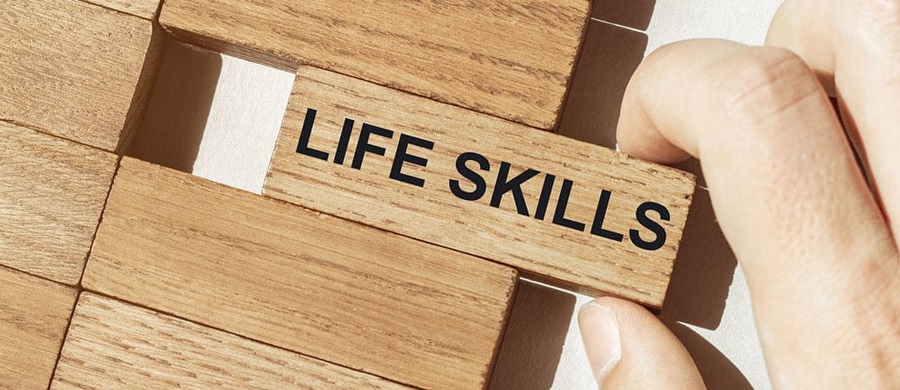
Building Life Skills During Sober Living: Preparing for a Brighter Future
By Scott Johnson 1 year agoIntroduction
Transitioning into a sober lifestyle involves more than just abstaining from substances; it’s about building a foundation for a fulfilling, sustainable future. Sober living environments are pivotal in this process, offering not only a supportive community but also an opportunity to develop essential life skills. This article delves into how sober living facilitates the acquisition of these skills, preparing residents for a brighter, more stable future.
The Role of Sober Living in Skill Development
A Conducive Environment for Growth
Sober living homes offer a structured environment where individuals can focus on rebuilding their lives. These settings provide stability and routine, crucial for individuals who are relearning how to navigate life without substances.
Key Life Skills Fostered in Sober Living
Building a Foundation for the Future
- Financial Responsibility: Learning to manage finances is crucial. Sober living environments often encourage residents to find employment and teach them budgeting and financial planning skills, laying the groundwork for financial independence.
- Professional Development: Many sober living homes assist residents in developing professional skills, including resume building, job interview preparation, and career planning. This support is invaluable in helping residents reintegrate into the workforce.
- Health and Wellness: Physical health is a cornerstone of recovery. Residents learn the importance of nutrition, exercise, and self-care routines, which are vital for maintaining physical and mental well-being.
- Interpersonal Skills: Living in a community setting helps residents enhance their communication and relationship-building skills. Learning to live cooperatively, resolve conflicts, and build healthy relationships are key aspects of this learning.
- Relapse Prevention: Sober living homes educate residents on identifying triggers and developing coping strategies. This education is crucial for long-term sobriety and independence.
Overcoming Challenges with New Skills
Applying Skills to Real-Life Situations
The skills learned in sober living are not just theoretical; they are applied in real-life contexts. For instance, managing a budget while living in the home, or using communication skills to resolve conflicts with fellow residents, provides practical experience that will be invaluable in the outside world.
For more in-depth information on skill development during recovery, resources from The Recovery Village can be extremely helpful.
The Importance of a Supportive Community
Learning from Others
A significant advantage of sober living homes is the sense of community they foster. Residents learn from each other’s experiences and provide mutual support. This communal living aspect is instrumental in reinforcing the life skills being developed.
Choosing the Right Sober Living Home
A Critical Step in the Journey
Selecting a sober living home that aligns with one’s recovery goals is essential. It’s important to consider the types of programs and support offered, the environment of the home, and the overall philosophy of the program.
For those in Southern California, exploring options for sober living in Los Angeles can provide insight into the kind of supportive environment that facilitates the development of these crucial life skills.
Conclusion
Sober living homes play a crucial role in helping individuals in recovery build the life skills necessary for a successful, sober future. From financial management to professional development, health and wellness, interpersonal skills, and relapse prevention, these environments equip residents with the tools they need to navigate life post-recovery. As individuals learn and grow within these supportive communities, they lay the groundwork for a brighter, more stable future, free from the constraints of addiction.
